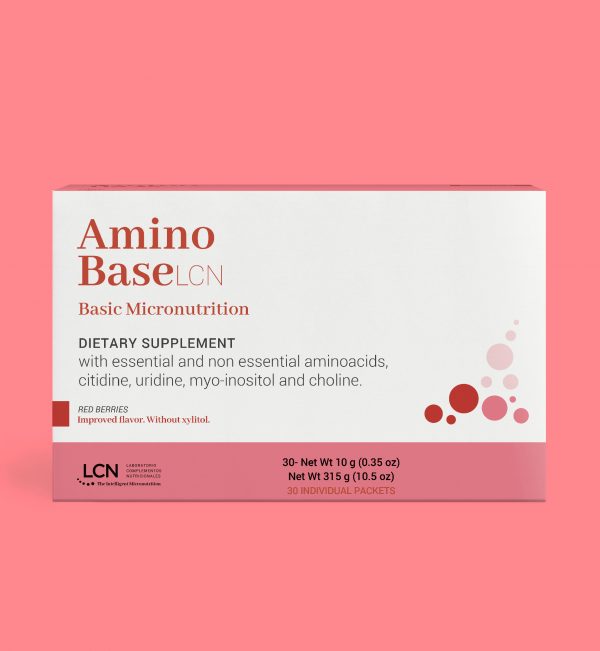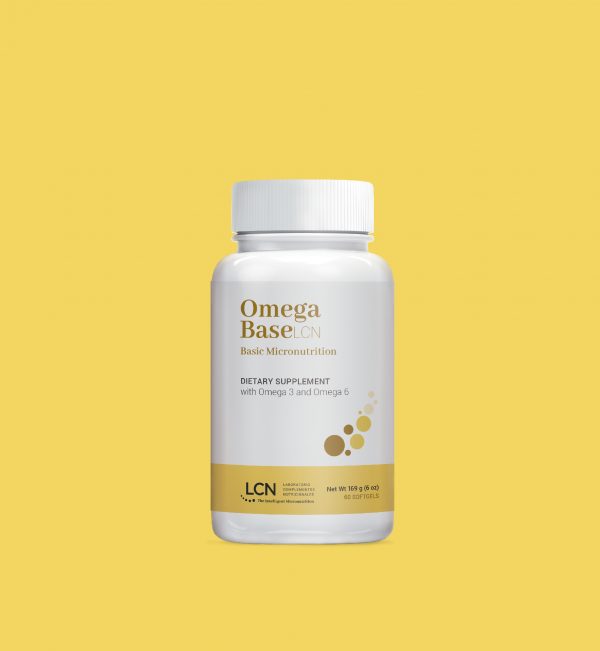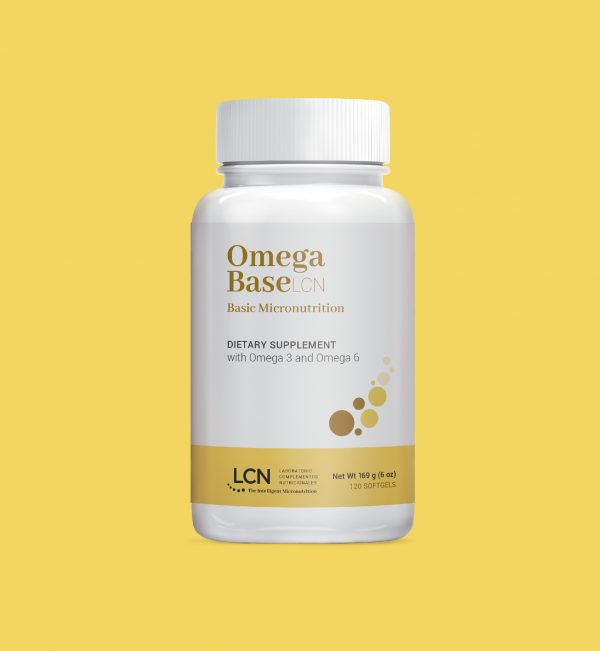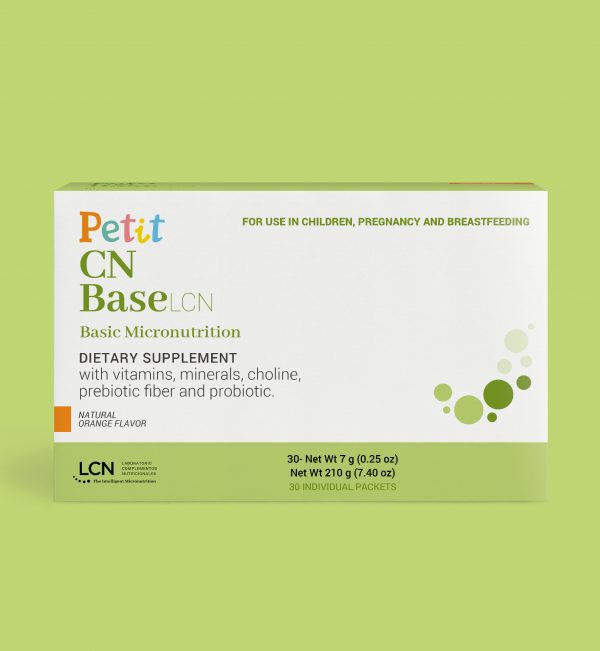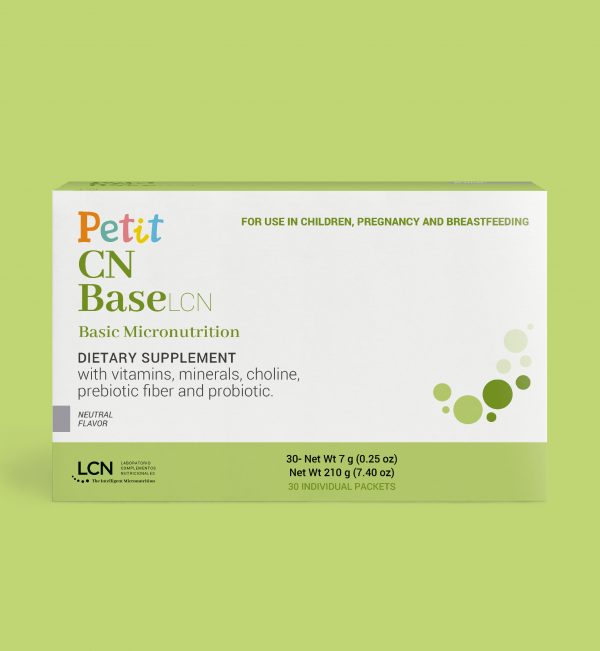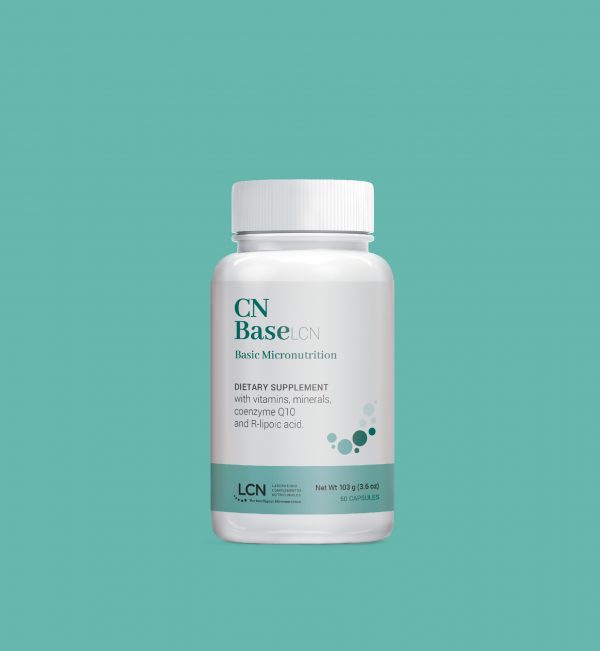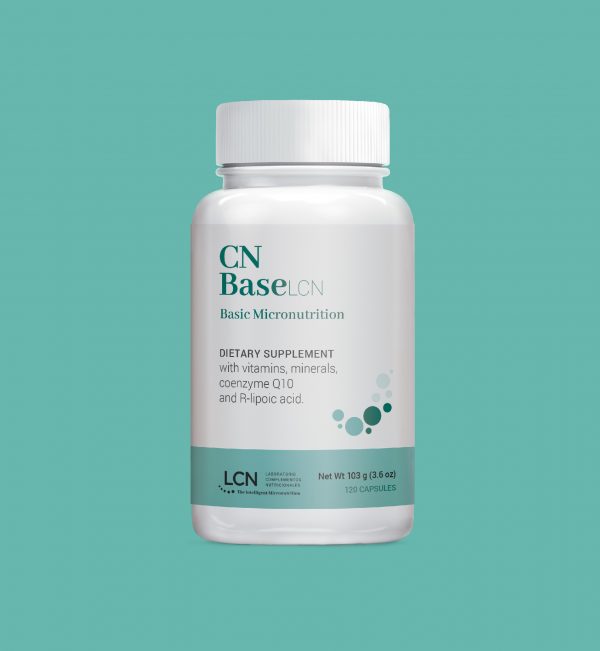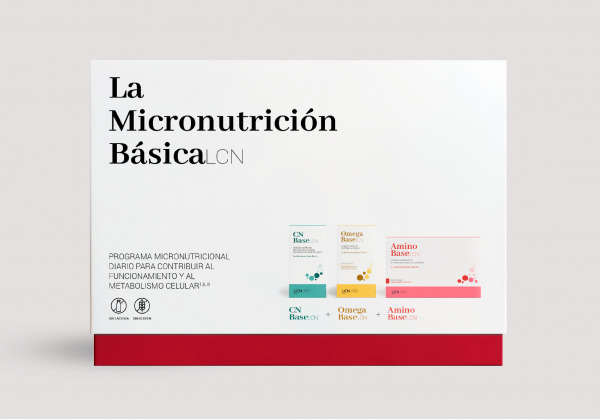Vitamin A
What is it?
Vitamin A or retinoids.
Vitamin A is an essential micronutrient and a basic micronutrient needed for the body’s mucous membranes, vision, and correct DNA expression.
Vitamin A contributes to the following:
- Normal metabolism of iron.
- Maintaining mucous membranes in normal condition.
- Maintaining skin in normal condition.
- Maintaining vision in normal condition.
- Normal functioning of the immune system.
- The cell differentiation process.
Deficient vitamin A intake is common, and obtaining it from plants is not as easy as previously thought due to a series of common polymorphisms.
The long-term dose of vitamin A should not exceed 1,500–2,000 µg (5,000–6,700 U)/day of retinol.
The UL for vitamin A is 3000 µg.
Palmitate or retinol acetate can be used in supplements. It should be noted that synthetic beta-carotene can be pro-oxidant and that administering just beta-carotene, and/or lutein, and/or beta-carotene, and/or lycopene, and/or astaxanthin, etc. can lead to an carotenoid imbalance.
Vitamin A has an excellent safety profile, with no side effects, in the recommended forms and physiologic doses.
Supplements with vitamin A
Three preformed compounds that show metabolic activity are found as vitamin A (retinoids). However, in supplements we can use retinol, retinol acetate, and retinol esterified with a fatty acid: retinyl palmitate.
The carotenoids found in seaweed and vegetables and which can provide retinoids when metabolized in the body are another source of vitamin A. Although there are several hundred carotenoids present naturally in foods as antioxidants, only some have significant vitamin A activity. The most important of them is ß-carotene.
Foods with vitamin A
Vitamin A as such (retinoids) is found only in certain foods of animal origin. Provitamin A carotenoids, such as beta-carotene, alpha-carotene, and beta-cryptoxanthin, are found mainly in plant-based foods and are converted to vitamin A when necessary.
The main sources of provitamin A and vitamin A are vegetables (40%) and whole dairy products (30%).
Vitamin A:
- Lamb, pork, chicken, turkey, and fish livers. Foie-gras and paté.
- Whole eggs and egg yolks.
- Butter.
- Fresh and aged cheeses.
- Ice cream.
- Caviar.
Provitamin A carotenoids:
- Margarine.
- Carrots, spinach, butternut squash, watercress, tomatoes, endives, and yams.
- Mangoes, papayas, apricots, medlars, peaches, and oranges.
Carotenoids with no provitamin A activity:
- Lycopene, in tomatoes, mainly in tomato sauce.
- Lutein and zeaxanthin, mainly in corn, avocados, and green leafy vegetables like spinach, kale, green beans, broccoli, etc.
- Astaxanthin and canthaxanthin, in salmon, trout, crustaceans, and roe.
- Capsantin, in red peppers and paprika.



